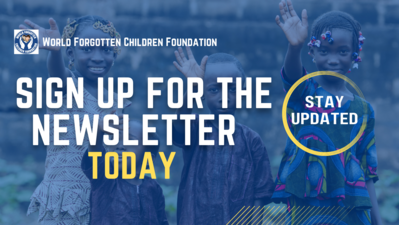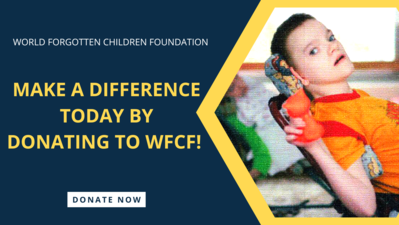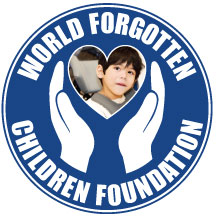
The Morbidity and Mortality Weekly Report (MMWR) is a weekly publication by the Centers for Disease Control and Prevention that publicizes the latest epidemiological advancements and research related to public health. In the July 29, 2022 publication, an article appeared describing the global progress towards eliminating the transmission of the hepatitis B virus (HBV) from mother to child. HBV causes liver cancer and is currently targeted for global elimination (Khetsuriani, 2022).
Mother-to-child transmission (MTCT) leading to an HBV infection is often cited as a leading cause for cirrhosis and liver cancer. Children who are unvaccinated are at an increased risk of infection, with 9 out of 10 children infected at birth will become chronically infected by the virus. There are an estimated 6.4 million children that are younger than five years old that are living with chronic HBV globally. The World Health Assembly, in 2016, supported the goal to eliminate viral hepatitis as a public health threat by 2030, which includes MTCT of HBV (Khetsuriani, 2022).
Immunization is an important intervention to halt the spread of viral hepatitis, so the World Health Organization (WHO) recommends that all newborns receive a dose to protect against an HBV infection, followed by 2-3 additional doses that follow national schedules. In order to understand national trends of HBV infection, countries report their immunization data to WHO annually through the WHO and UNICEF Joint Reporting Form (Khetsuriani, 2022).
190 (98%) of 194 countries had introduced infant hepatitis B vaccination for everyone by 2020, compared to 186 (96%) in 2016. Also, 110 (57%) of countries provided HBV vaccination to all newborns, which is a 10% increase from 2016. Although the number of countries that do not provide routine HBV vaccination has declined, 51 remained having not introduced the routine vaccination, with most countries being in the African region where 72% of countries do not provide the vaccine (Khetsuriani, 2022).

Although there has been great progress in the arena of battling HBV infection and eliminating MTCT of HBV in most global regions, there still remains a lot of work yet to be done, as there is a substantial number of counties in the African region that still have not introduced routine HBV vaccination, that would undoubtedly prevent the suffering of many children. The authors of the article point out that the recent increase in routine immunization programs is slower than usual, and that is likely to be caused by COVID disrupting such programs and services. Most of the service disruption has been observed in the African Region, which already was suffering from low coverage rates. The authors recommend interventions that mitigate the pandemic’s impact on immunization systems to ensure smooth continuation of routine vaccination programs (Khetsuriani, 2022).
The elimination of MTCT of HBV is not a far-fetched goal; it is achievable with the tools we currently have. Based on estimates, the elimination of MTCT has already been achieved in several countries (Khetsuriani, 2022). However, we cannot leave countries that do not have the resources behind. The results from this review are promising, but they should be read in the context of encouraging organizations to focus on providing routine vaccination for everyone.

Global health efforts are only going to grow in importance, as the world becomes more connected, and the issues plaguing one country easily spreads to other regions. Diseases are easily spread, diets cross borders and pollution hurts everyone. Individual countries cannot hope to fix many of the world’s problems, no matter how much they invest in global health, until they get everyone on board. WFCF’s mission is to provide technical help and funds to low-income communities and orphaned, disabled children globally. Organizations like WFCF depend on the public’s understanding on global health to receive funds and make investments to improve the health of people living in low-income communities. Play your part today by donating to WFCF and supporting our mission.
Read more about efforts to improve global health!
References:Khetsuriani, N., Lesi, O., Desai, S., Armstrong, P., & Tohme, R. (2022, July 28). Progress toward the elimination of mother-to-child transmission of hepatitis B virus - worldwide, 2016–2021. Centers for Disease Control and Prevention. https://www.cdc.gov/mmwr/volumes/71/wr/mm7130a2.htm?s_cid=mm7130a2_w
|



